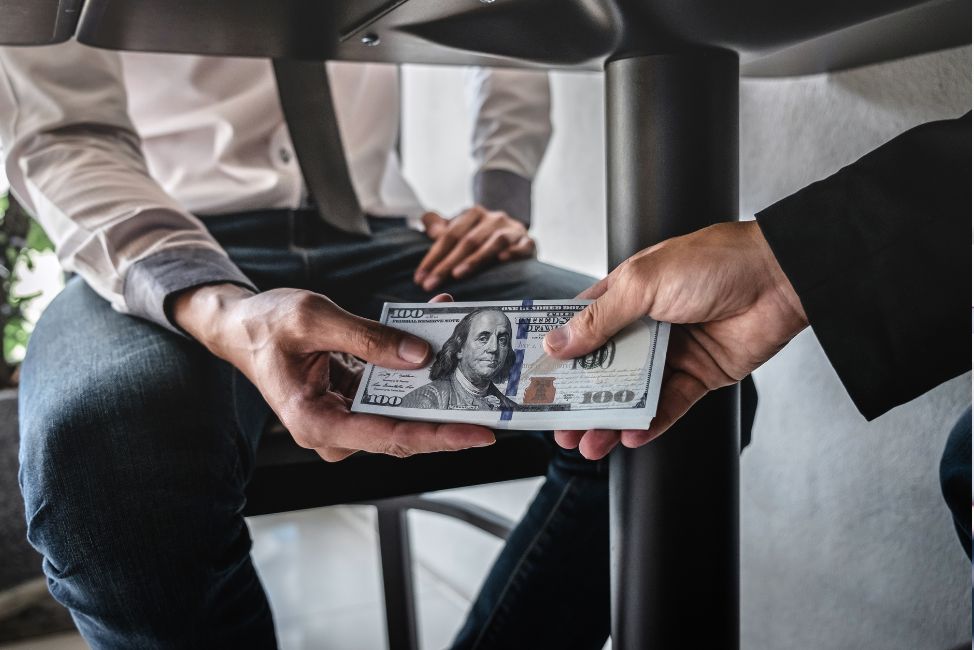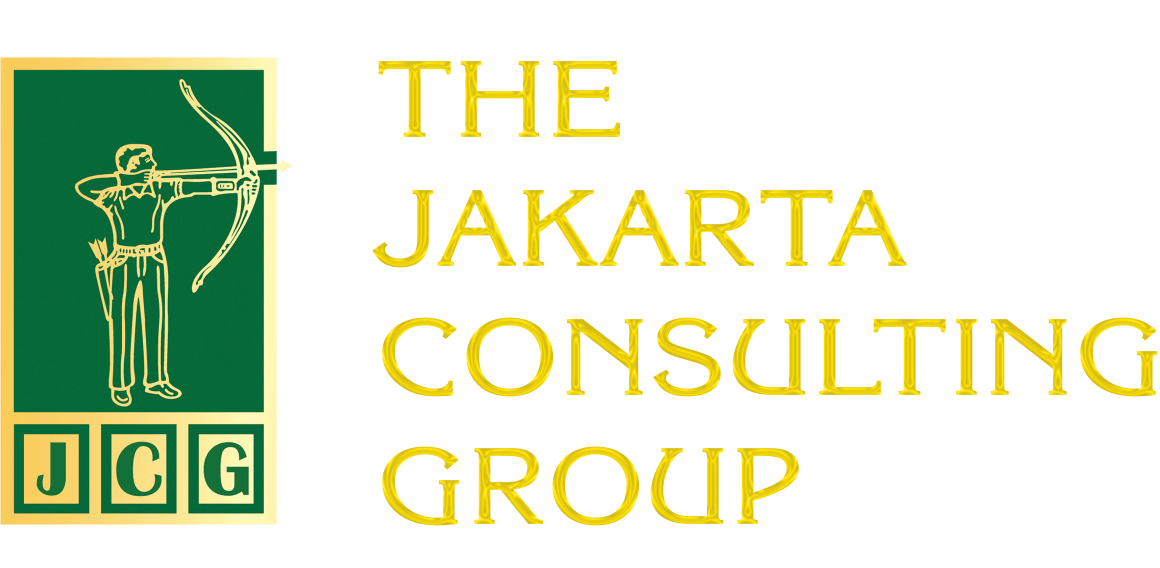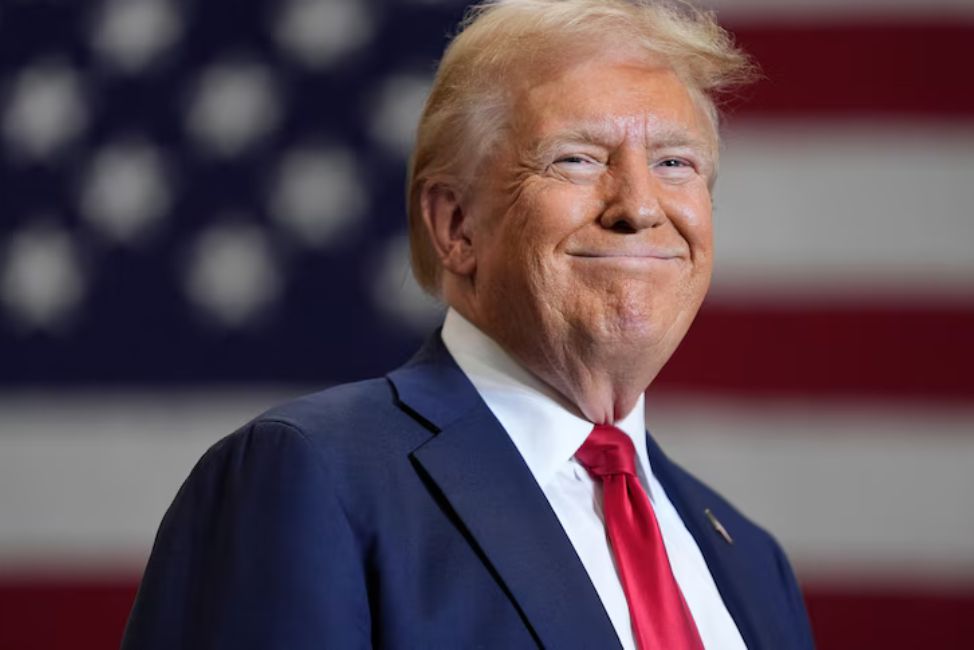In the United States (US), there is a law called The Foreign Corrupt Practices Act of 1977, or FCPA. Under FCPA policy, people or companies operating in the US are prohibited from giving money or gifts to foreign officials to win or retain deals in those countries.
To quote APNEWS, the FCPA policy does not require that the money or gifts actually be paid, but only offered. The penalty for those found guilty is imprisonment for up to 20 years. Companies also face fines of twice their profits from the prohibited deal. That often means payments of hundreds of millions, sometimes even billions of dollars.
The law has been used hundreds of times in the past decade to stop bribes in exchange for winning deals, leading to large settlement payments from multinational companies such as Goldman Sachs, Germany’s Siemens, and Glencore, a Swiss commodity trading company.
The FCPA in the Eyes of Donald Trump
US President Donald Trump has an opinion on this. Trump said the law was enforced in an “excessive and unpredictable” manner so that US companies competed in an uneven “playing field” with foreign competitors. He also said the law “drained resources” from law enforcement and harmed US national interests because companies were being blocked from deals that would give the US access to deep-sea ports, important minerals, and other assets.
Trump cannot cancel the FCPA policy. However, he can change how the law is applied. Trump issued an executive order containing a 180-day “temporary suspension” of all FCPA investigations while they are under review. He also ordered that no new investigations be opened during that period. The order also says it will halt other Justice Department “actions” under the FCPA. Trump said this pause was also necessary to give his administration time to create new “reasonable” guidelines. Especially on how to enforce the law that do not disadvantage US companies in foreign transactions.
The FCPA policy was enacted after the Securities and Exchange Committee (SEC, a kind of OJK in Indonesia) in the 1970s found more than 400 US companies making dubious or illegal payments to foreign officials to win business. Since its enactment, many US companies have complained that the law does more harm than good and is unfair because bribery is commonplace in some countries. Then, under US pressure, member countries of the Organization for Economic Cooperation and Development (OECD) enacted their own versions of the FCPA.
Impact of FCPA Policy Implementation

What are the implications of Trump’s executive order above? Laws like the FCPA are enacted to ensure that companies comply with ethics and the law, wherever they do business. If the rules in these laws are not enforced, it will tarnish the image of the US and its companies, which have been known to be champions of governance and business ethics.
In the short term, giving money or gifts to officials to win business can make the process faster. It is also financially beneficial. However, in the long run, the reputation of the company is damaged, including the country of origin of the company.
Risk of Bribery in the Business World
In the case of an FCPA policy, the investigation may be terminated. However, there is no guarantee that law enforcement agencies in other countries will not ensnare companies or individuals involved in bribery. Besides, bribery and corruption can be addictive. Once you try it, you can become addicted to it. It’s because you feel the pleasure even though it is prohibited by law.
Another risk is the link between high levels of corruption and the stability of a country. Referring to the Corruption Perceptions Index (CPI) published annually by Transparency International, countries that are socially, economically, and politically unstable have a low CPI, which means corruption is rampant. Instability results in legal uncertainty. In fact, business requires legal certainty for its activities to run smoothly.
Trump’s decision to stop enforcing the FCPA could trigger other countries to do the same. The eradication of corruption becomes stagnant. Business standards decline.
The Business World’s Attitude Towards Trump’s Decision
For the business world, efforts to relax or even terminate FCPA policies should not be an excuse for corruption and bribery. No matter how small. This will not only maintain reputation, but also prevent legal costs, build a positive and conducive work culture, create employee satisfaction and loyalty, increase productivity, create competency-based competitive advantages, strengthen internal control and risk management systems, and promote accountability.

In preventing and combating bribery, the role of corporate leadership is very important. Their responsibility is not only limited to compliance with legal requirements, but also to the development of a culture of integrity and ethical behaviour.
Most importantly, leaders must set an example for employees in ethical and anti-bribery behavior. There must be zero tolerance for bribery. Furthermore, make clear rules and guidelines on anti-bribery. Don’t forget to develop a culture of transparency and accountability. This includes protecting whistle-blowers, people who expose a crime, usually part of the circle of the crime. Audits should be conducted periodically to identify the risk of corruption and bribery. Sanction those who commit violations indiscriminately.
#Donald Trump #FCPA #FCPA policy #SEC #ethics #bribery #Corruption Perceptions Index #Transparency
Related Posts:
Inspiring Stories of Local Entrepreneurs: Tip Top Supermarket
When Leaders Stifle Organizational Development
Beyond the Glitz of Tourism: The Story of Coco Group and Their Survival Strategy in Bali
Leadership Responsibility Behind Organizational Decline
Leadership as the Hidden Art: The Invisible Work That Shapes Teams











